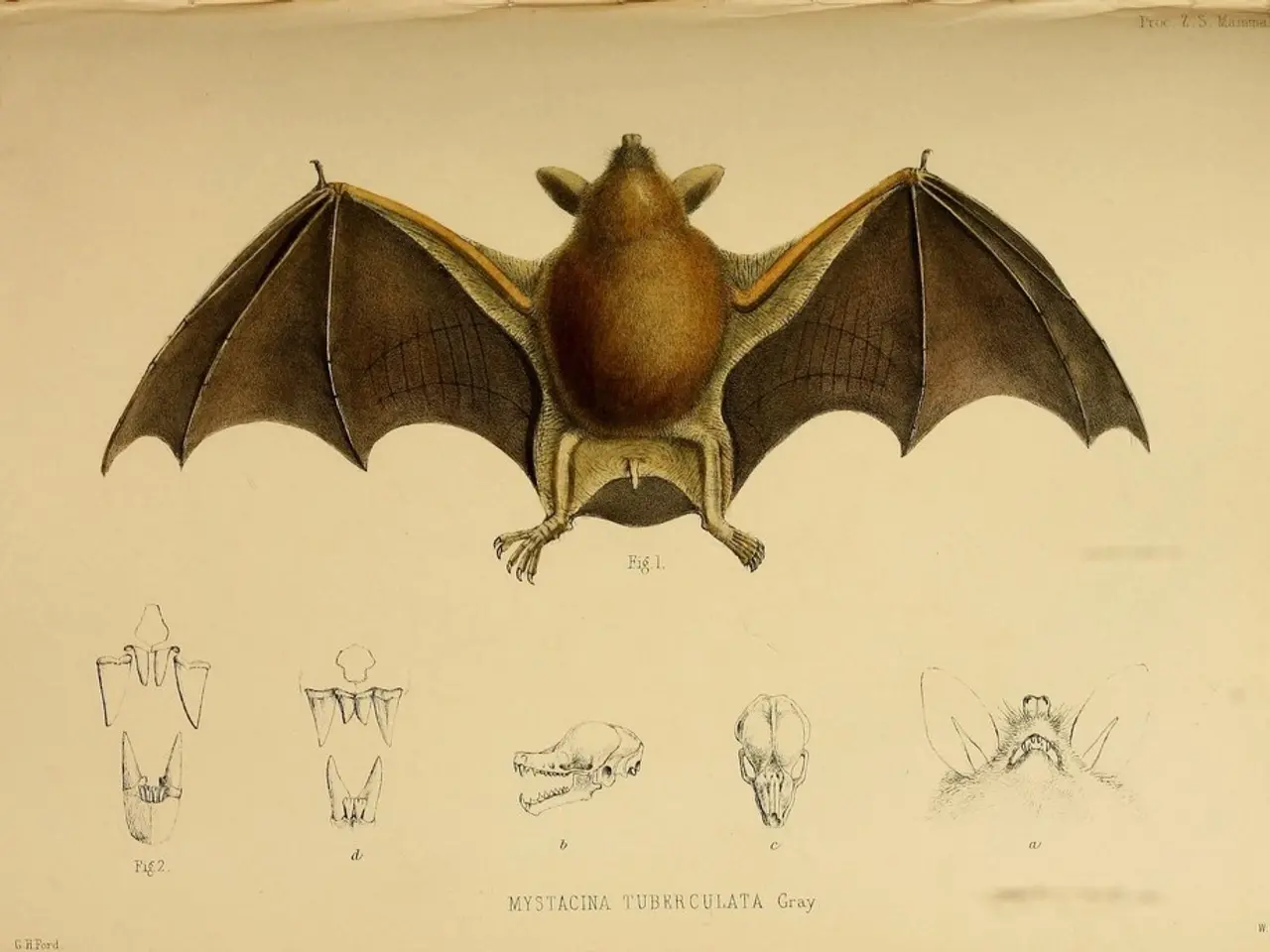Discourse on WardsAuto Podcast: Tariffs, Manufacturing Strategies, and Battery Quality
The auto industry is currently grappling with a wave of disruption, with the conversation centring around quality control issues, future battery technologies, and the impact of tariffs, particularly those introduced by President Trump in the past 100 days.
David Kiley, Senior Editor at WardsAuto, is leading discussions on this topic this week. The focus is on the challenges faced by both automakers and battery manufacturers. The tariffs have created significant costs for automakers, added uncertainty to the industry, and influenced potential reshoring decisions.
Automakers such as General Motors, Ford, Toyota, Nissan, and Hyundai have reported absorbing billions in tariff-related costs in 2025 alone. General Motors anticipates a $4-to-$5 billion impact this year, while Ford is expecting nearly $3 billion. These tariffs have increased the cost per vehicle by several thousand dollars depending on origin, significantly affecting traditional low-cost manufacturing and import models.
This financial strain is causing companies to reconsider their supply chains. While no precise reshoring statistics are given, the disruption and cost of tariffs are "flipping the build-in-Mexico business model" and prompting automakers to evaluate reshoring or regionalizing production to avoid tariffs. However, uncertainty around tariff policy prolongs cautious investment and strategic shifts.
The tariffs disproportionately affect entry-level vehicles, most of which are built outside the U.S. Because these vehicles yield low per-unit profits, automakers have limited ability to absorb or pass on the increased costs without hurting demand. This is causing cancellations or delays in new electric vehicle (EV) launches and reductions in model variety, particularly impacting affordable models and innovation.
Meanwhile, the future of solid-state batteries is being considered in these discussions. Tal Sholklapper, Voltaiq CEO who specializes in battery cells, is being interviewed about this topic. The conversation touches on solid-state batteries in the future, a potential solution to the quality control challenges currently posed by lithium-ion batteries.
Despite the challenges, the ongoing tariff policy uncertainty deters rapid reshoring investments, keeping the industry in a cautious stance. Automakers and suppliers are not deciding on reshoring plants to the U.S. until they have assurances that they have no other options. The industry waits, navigating the disruptions and headaches caused by the tariffs, hoping for clarity and a path forward.
[1] Kiley, D. (2021, April 12). Trump's Tariffs Squeeze Auto Industry Margins, Reduce Model Variety. Retrieved from https://www.wardsauto.com/news/trumps-tariffs-squeeze-auto-industry-margins-reduce-model-variety [2] Kiley, D. (2021, May 3). Trump's Tariffs Create Uncertainty, Financial Strain in Auto Industry. Retrieved from https://www.wardsauto.com/news/trumps-tariffs-create-uncertainty-financial-strain-auto-industry
Read also:
- Leading Audiologists in Knoxville, Tennessee
- Study conducted by the Centre for Chronic Disease Control (CCDC) reveals that two-drug combination therapies are successful in enhancing blood pressure control among Indians.
- Medications for heart failure, plus additional methods of treatment
- catastrophic landslide claims lives of 7 charitable workers restoring flood destruction in northern Pakistan






